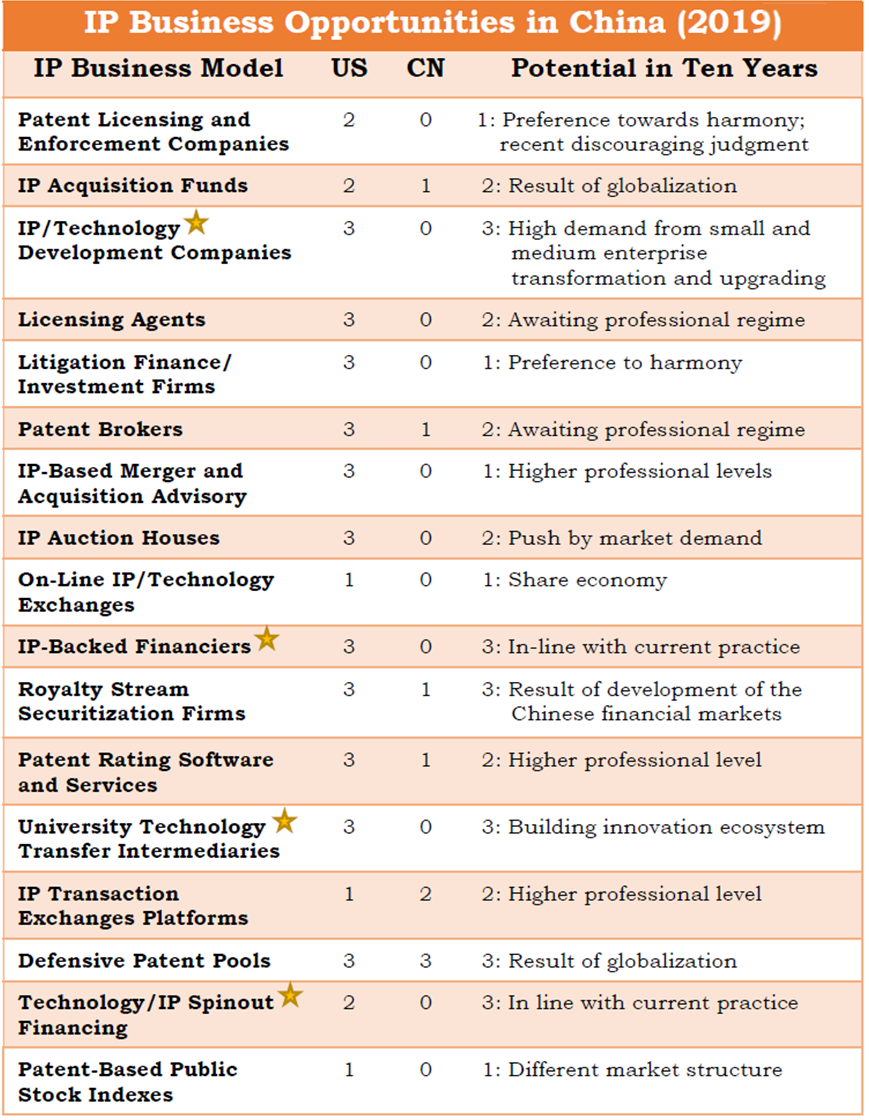Innovation and
|
|
From Shanghai to the World
Last month an announcement attracted attention from global IP professionals. An international patent portfolio had settled in Shanghai. According to the source, it is the first of its kind in China. The announcement indicates that this patent pool covers more than 50 technical fields and has an international patent portfolio of more than 12,000 patents. It targets Chinese SMEs which need to upgrade their operation with more advanced technologies but fall short of developing their own. The pool will operate with standardized licensing terms. Available licensing durations are one year, three years, five years, and ten years.
Will They Succeed?
A Non-Practicing Entity (NPE) is a well-established business model in the US. However, the potential of such a business model seems limited in China for two reasons from the analysis of Innovation’s Crouching Tiger (ictiger2020.com). First, Chinese culture tends to favor harmony over confrontation. The business community does not entirely embrace the idea of the western adversary judicial system, and this business model relies on litigation and effective enforcement. Second, Chinese courts have been acting in line with a global trend that becomes less friendly to NPEs, as exemplified in the America Invents Act (AIA) enacted in the US in 2011. The Blossoming of New IP Business Models However, no matter whether this new project in Shanghai succeeds or not, similar ventures will continue. In China, the interest in exploring IP business opportunities was stimulated by the successful global stories, including Getty Museum, Intellectual Ventures, and international research institutions, such as MIT. They all operate profitable models based on IP monetization. This interest group was small at the beginning. However, in the past few years, thanks to the government policy and the long-tail effect of prevalent social media, the discussions, debates, and experiments of new IP business models have arrived at a new level. The heat has even gone beyond this professional circle to attract the larger business community. As China’s IP regime develops, more proven business models originated from developed countries are now starting to flourish in China. For example, numerous projects of IP securitization, IP brokerages, and patent-based public stock indexes have been gaining their business volumes.
Interested in the methodology of this survey and how to use it to develop a viable IP business model in China? See more insights by visiting our blog at ICTiger2020.com or Facebook @ICTiger2020 for related news updates. Feel free to contact the author at [email protected] or scan the following WeChat QR code.
0 Comments
Leave a Reply. |
Categories
All
|



 RSS Feed
RSS Feed
